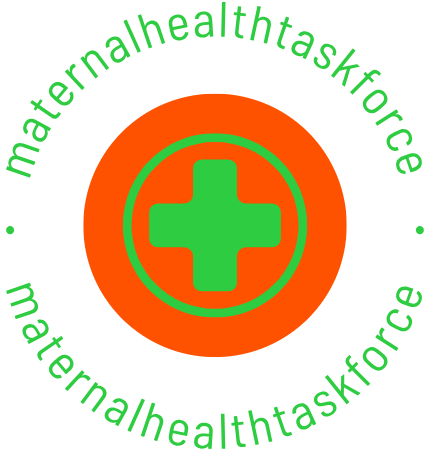When it comes to maternal health services, the goal is to support women during pregnancy, childbirth, and the postpartum period. These services are essential for ensuring the health and well-being of both mothers and their babies. In this article, we’ll cover the top maternal health services available, highlighting their importance and how they contribute to a positive pregnancy experience.
1. Prenatal Care
Prenatal care is one of the most critical maternal health services. It involves regular check-ups with a healthcare provider throughout pregnancy. These visits help monitor the mother’s and baby’s health, allowing for early detection of any potential issues. During these appointments, healthcare providers can offer guidance on nutrition, exercise, and managing any pregnancy-related symptoms. Regular prenatal care ensures that mothers receive the support they need during this important time.

2. Labor and Delivery Services
Labor and delivery services are crucial aspects of maternal health services. Hospitals and birthing centers provide a safe environment for childbirth, equipped with trained professionals who can assist during labor. They offer various options for pain relief, such as epidurals or natural pain management techniques. A well-prepared labor and delivery team can make the experience smoother and help address any complications that may arise.
3. Postpartum Care
After childbirth, mothers need dedicated care to recover physically and emotionally. Postpartum care is an essential part of maternal health services that focuses on the well-being of mothers after delivery. This includes follow-up appointments to monitor healing, address mental health concerns, and support breastfeeding. Many healthcare providers offer resources and counseling to help new mothers adjust to their roles, making this service invaluable for maternal health.
4. Mental Health Support
Mental health is often overlooked in maternal health discussions. However, mental health support is a vital component of maternal health services. Conditions such as postpartum depression can significantly impact a mother’s ability to care for herself and her baby. Access to mental health professionals, support groups, and counseling can provide the necessary help to mothers facing emotional challenges. This service is essential for ensuring that mothers feel supported throughout their journey.
5. Nutrition Counseling
Proper nutrition during pregnancy is crucial for both mother and baby. Nutrition counseling is an important service offered in maternal health services. Registered dietitians can help pregnant women understand their nutritional needs and develop healthy eating plans. This support can lead to better pregnancy outcomes and help mothers maintain their health during and after pregnancy. Good nutrition lays the foundation for a healthy pregnancy.
6. Education and Resources
Education plays a significant role in maternal health services. Many healthcare providers offer classes and resources for expecting parents. These can include childbirth education, breastfeeding workshops, and parenting classes. Educating mothers about what to expect during pregnancy and after delivery can alleviate fears and empower them to make informed decisions. Access to reliable information is key to a positive pregnancy experience.
7. Family Planning Services
Family planning services are part of comprehensive maternal health services. After childbirth, many women seek guidance on when to have their next child. Healthcare providers can offer advice on contraception options and help families plan for their future. This service ensures that women have the necessary tools to make informed choices about their reproductive health.
8. Access to Specialists
Sometimes, pregnancies may require specialized care. Access to maternal-fetal medicine specialists is an important aspect of maternal health services. These specialists focus on high-risk pregnancies, providing advanced care for conditions that may complicate pregnancy. Having access to specialists can significantly improve outcomes for both mother and baby, ensuring that any potential risks are managed effectively.
9. Community Support Programs
Community support programs are vital in providing additional assistance to expecting and new mothers. Many organizations offer services such as home visits, lactation consultations, and support groups. These community-based programs can help mothers feel connected and supported, which is especially important during the early stages of motherhood. They provide a sense of belonging and reassurance during this significant life transition.
10. Telehealth Services
In today’s digital age, telehealth has become an integral part of maternal health services. Virtual appointments allow mothers to connect with healthcare providers from the comfort of their homes. This is particularly beneficial for those with mobility issues or living in remote areas. Telehealth services can provide prenatal check-ups, mental health support, and postpartum care, ensuring that all mothers have access to the care they need.
Conclusion
In conclusion, maternal health services are vital for the well-being of mothers and their babies. From prenatal care to mental health support and community resources, these services play a crucial role in ensuring a positive pregnancy experience. By accessing these services, mothers can navigate the challenges of pregnancy and childbirth with confidence and support.











